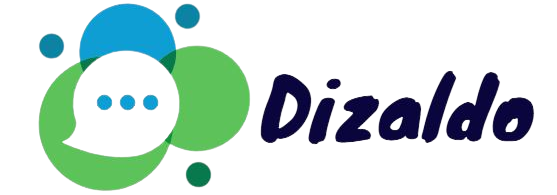Welcome to my blog post on How To Become An Auditor In South Africa.
What is an Auditor?
An auditor is a professional who is responsible for evaluating and assessing financial records and statements to ensure their accuracy and fulfillment of legal requirements. The work of an auditor is essential for maintaining the integrity of financial systems and ensuring compliance with regulatory requirements.
Requirements to become an Auditor in South Africa
Education
The first step toward becoming an auditor in South Africa is to obtain an appropriate education. This means completing a relevant Bachelor's degree in Accounting or Auditing from a recognized university or college.
A postgraduate degree in Accounting or Auditing also adds value to your qualification and is preferred by many employers.
Professional Qualification
The second step is to acquire professional qualification by completing the mandatory Certified Internal Auditor (CIA) course offered by the Institute of Internal Auditors South Africa (IIASA).
This course is designed to equip students with the necessary knowledge, skills and competence to perform their auditing duties. CIA course is recognized by local and international businesses, and it meets the requirements of the International Professional Practices Framework (IPPF).
Work Experience
After obtaining a relevant degree and professional qualification, the next step is to gain practical experience. This can be achieved through internships or entry-level positions in auditing firms or other relevant financial organizations.
This work experience is crucial to becoming an expert in the field, and it can prepare you for the challenges that you will face as an auditor in the future.
Important Skills for An Auditor
Becoming an auditor requires more than just formal qualifications and work experience. To be successful in this field, a person needs to have the following skills:
- Attention to detail: Auditors need to be very thorough and detail-oriented to avoid any error or fraud.
- Analytical skills: Auditing requires an individual to inspect and scrutinize data, analyze trends and patterns that might indicate irregularities.
- Communication skills: As an auditor, you will be communicating with stakeholders, including managers, clients and other auditors. Therefore, having excellent communication skills is essential.
- Integrity: Auditors are responsible for ensuring compliance with regulations and preventing fraud. Therefore, integrity and good ethical practices are paramount.
Conclusion
Becoming an auditor is a challenging yet satisfying career path for those interested in finance and audit. By following the above steps and developing essential skills, anyone can carve their path in this field.
Thank you for reading and good luck in your auditing journey.

